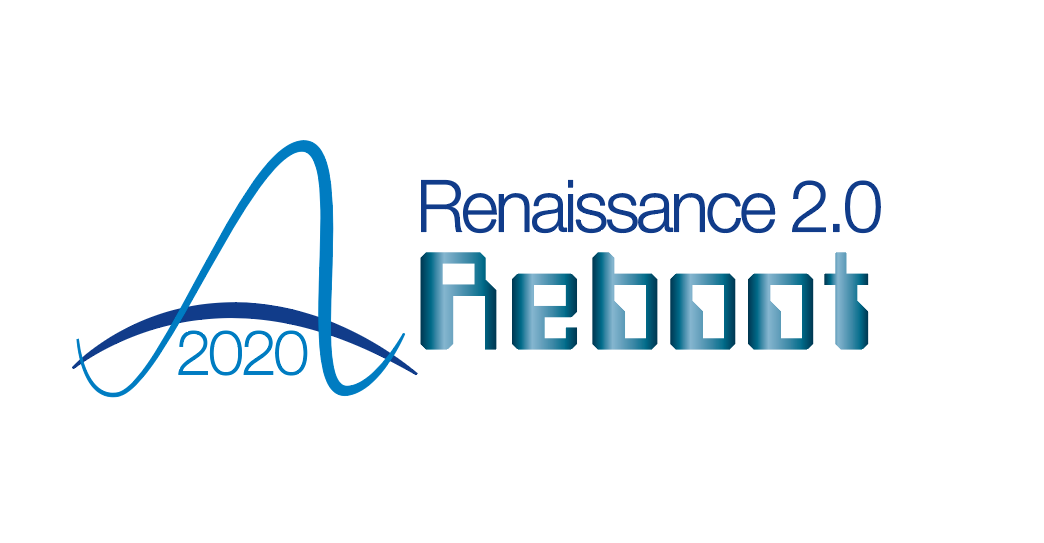Leading with empathy
27 July 2020

Empathy – The power of mentally identifying oneself with (and so fully comprehending) a person or object of contemplation (OED).
Do we hear or do we listen? Even when we listen, do we truly understand? Even if we understand, do we empathise?
In our work with organisations, we see that information is passed from staff to management, and then to boards, but too often the information is heard but not listened to.
This is often reflected in staff surveys, friends and family comments, workforce relations equality standards among others, where people say they don’t feel listened to – even though management and the board feel they have made sincere efforts to do so.
Open culture
So how do we ensure stakeholders feel listened to and not just heard? Making sure stakeholders are engaged is part of the well-led framework for the NHS: ‘Are the people who use services, the public, staff and external partners engaged and involved to support high quality sustainable services?’
This is linked to the King IV principle 16: ‘In the execution of its governance roles and responsibilities, the governing body should adopt a stakeholder-inclusive approach that balances the needs, interests and expectations of material stakeholders in the best interests of the organisation over time.’
Empathy is a key part of inclusivity and engagement. It’s not just about consulting on changes or even implementing staff and stakeholder suggestions; it’s about getting to the root causes of how people feel and what their needs are. That requires ensuring there is an open culture, where people feel comfortable in saying how they feel without the worry of reprisal.
Then it is about the board leading by example – being visible and taking an interest in what people say to them. It must go beyond this though; the board must then show what the organisation has done in relation to feedback.
Achieving that requires more than recruiting extra staff or restructuring, it must result in something that staff and patients can see and feel: reduced workloads, staff wellbeing awards, reconfigured spaces and so on. But there needs to be realism too. You can’t promise the earth and do everything asked of you but what you can do is show that you have acknowledged what has been said and go some way to making changes that will make even a small improvement. These are the actions that show empathy. Acting in this way makes it more likely that staff and patients will trust the leadership – and it will help with delivering tougher choices that inevitably come down the road.
The COVID-19 effect
During the pandemic, NHS organisations have introduced many new measures to support staff. NHS Employers have a national hub for the health and well-being of staff. Mersey Care NHS Foundation Trust is using a culture of care barometer to measure staff health and well-being.
This improved focus on looking after and understanding the needs of the NHS is most welcome – and it’s built momentum that must be retained.
System working
Demonstrating empathy at the individual and provider level is difficult enough but there is now a need to do the same thing at a system and population level and that’s arguably altogether more difficult. It requires a redoubling of the kind of efforts we’ve described, but it also means bringing all the different providers and players together at a system level to fully understand the needs of staff, stakeholders and service users.
This may require bringing additional representatives to the system on a notional basis – really engaging with organisations such as Healthwatch and patient representative bodies at a higher level. That could result in difficult choices having to be made at a provider level but ensures a level playing field at system level so no areas are left behind.
If empathy is at the heart of how we engage with our staff, patients and stakeholders, it is more likely that any changes will be better evidenced and easier to deliver.
Questions for boards
What processes do we have in place to understand our staff, our service users and other stakeholders?
- Have we maintained or even enhanced any of the initiatives during the peak of COVID-19 that supported our staff and patients to engage in how they feel?
- Do we use any of the above when we make strategic decisions?
- How are we engaging our staff, our service users and other stakeholders when making system decisions?
If this bulletin prompts any questions or comments, please call us on 07732 681120 or email advice@good-governance.org.uk
Ian Brandon
Consultant

